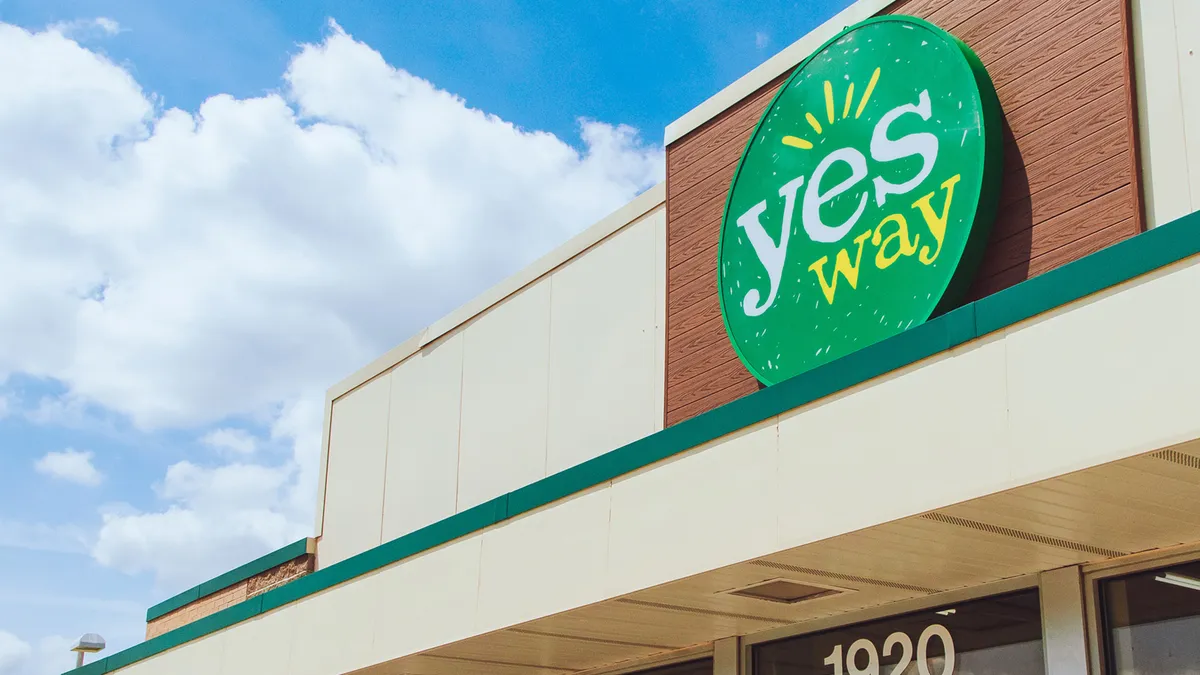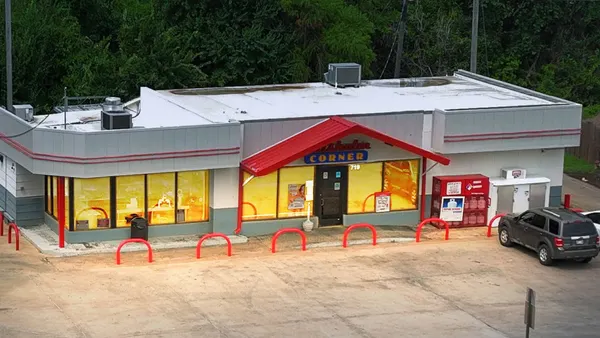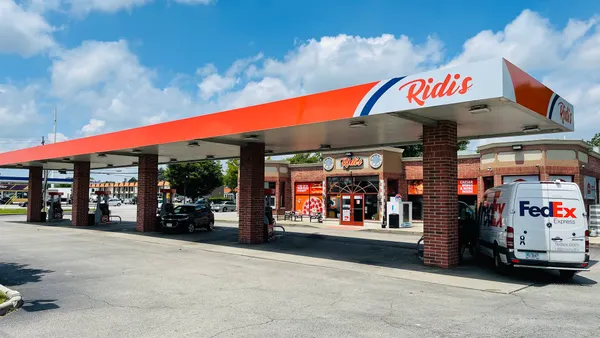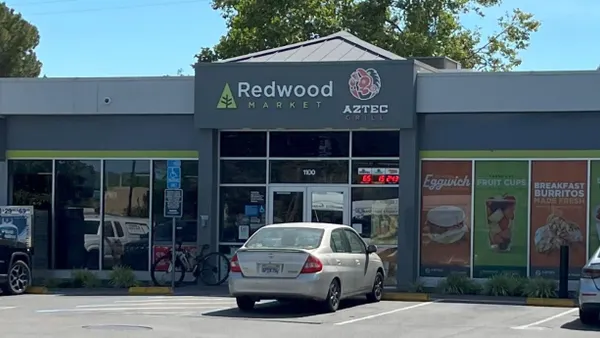3 Big Numbers is a weekly column that looks at a few key details from around the c-store industry.
M&A is almost always a hot topic in convenience retailing. But according to a report from investment banking firm Capstone Partners, 2025 is shaping up to be one of the slowest years for c-store acquisitions in recent history. Factors like cautious customer spending, fewer fuel gallons sold and macroeconomic uncertainty are taking their toll on the market.
In this week’s “3 Big Numbers,” we read deeper into Capstone Partners’ M&A rundown.
27
The total number of c-store M&A deals through Sept. 18.
We’ve mentioned it before, but Capstone Partners’ report confirmed it: M&A is down so far this year, with 27 reported deals through Sept. 18. That’s two fewer than at the same point in 2024, and the numbers are only that close because of a spate of announcements in late summer and early fall.
“Shifting consumer behaviors and apprehensive spending have led potential buyers in the sector to adopt a more cautious approach to capital deployment,” Capstone Partners noted.
Further, the company noted that many retailers are turning their eyes — and their money — inward, investing in initiatives like foodservice and technology improvements for the stores they already have.
75
The number of c-store M&A deals in 2021.
While it still averages out to nearly three deals per month so far, 27 deals is two fewer than through the same point last year.
However, the number was even more notable when compared to the total deals from the past few years. 2021 was a particularly acquisitive year for c-stores. A total of 75 deals took place that year, including 7-Eleven buying Speedway, Murphy USA picking up QuickChek and BP closing its acquisition of Thorntons.
Although this year’s 27 deals will grow in the coming month, the industry is unlikely to see anything close to 2021’s level of dealmaking in 2025.
8
The median number of stores in deals made through Sept. 18.
Not only were there fewer acquisitions this year than last through mid-September, but the deals have also been smaller. The median size acquisition this year has been eight stores, compared to 13 at the same point last year and 15 in 2021.
The smaller size of deals has also impacted the enterprise multiples acquiring companies are getting. Capstone Partners found the average enterprise-value-to-EBITDA multiple this year has been just over 10x, compared to nearly 12x last year. The smaller deals, in general, offer a bit less bang for your buck than big ones.
That doesn’t mean they weren’t worth making, of course. Retailers buy competitors for many reasons, including building scale, entering new markets and accessing foodservice programs. But it’s still one more factor for companies to weigh.












